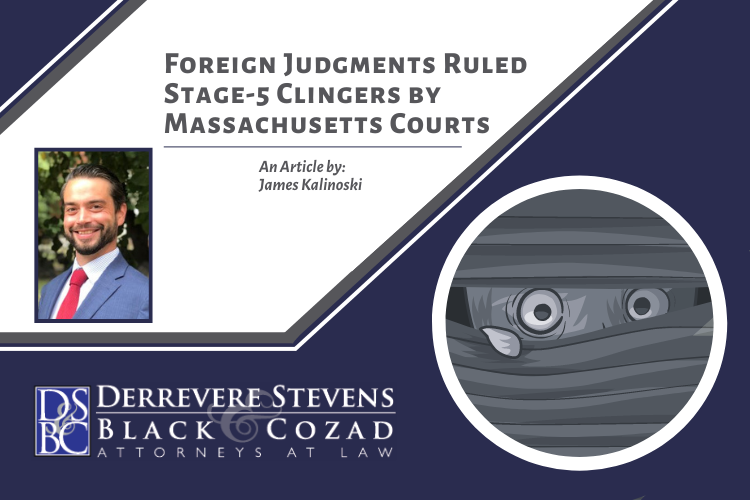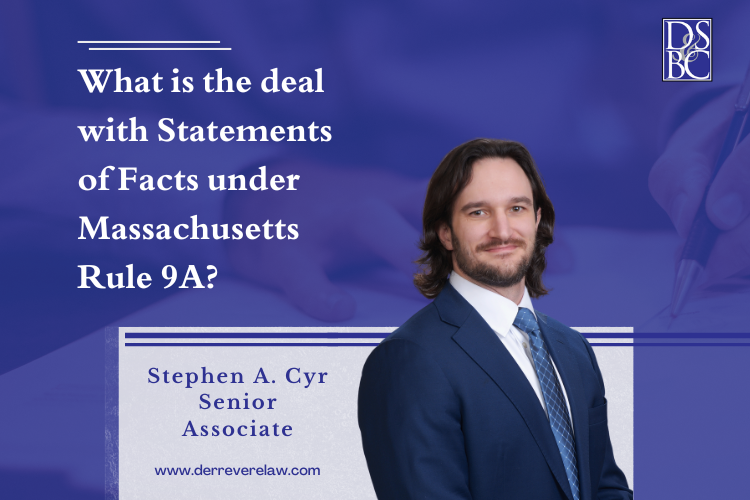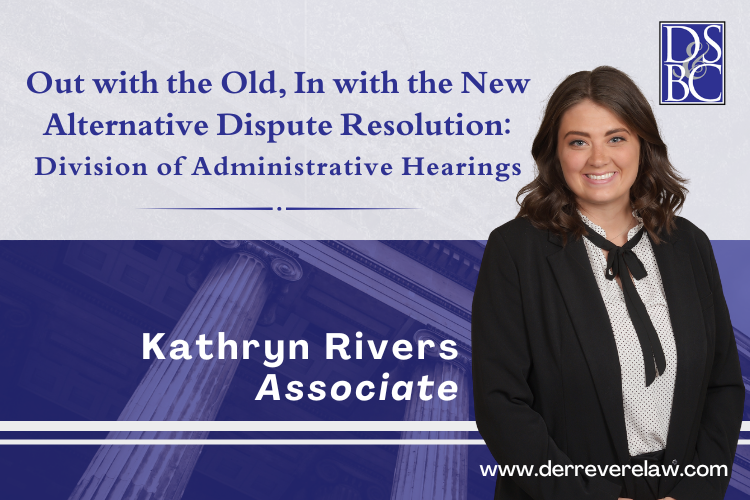Foreign Judgments Ruled Stage-5 Clingers in Mass. Courts

The Massachusetts Appeals Court recently clarified how judgments from foreign jurisdictions can be enforced against assets located in Massachusetts. The Massachusetts Uniform Enforcement of Foreign Judgments Act – Enacted in 2019 and codified as M.G.L. c. 218, § 4A – sought to bring the Bay State in line with a growing majority of states (47 and counting) regarding the process for enforcing civil judgments obtained in other states.
Prior to the Act’s adoption, a judgment creditor was required to file a complaint against a Massachusetts judgment debtor to enforce and collect on an unsatisfied foreign judgment. The Act aimed to make this process easier for judgment creditors by eliminating the need to re-litigate in Massachusetts courts to enforce foreign civil judgments when the judgment debtor holds assets in Massachusetts. The Act provides that a judgment creditor may file a certified copy of a foreign judgment in the District Court where the creditor lives or has a place of business. The judgment creditor must also file an affidavit setting forth the name and last known address of the judgment debtor. Thereafter, the clerk of court sends notice to the judgment debtor, and after thirty days, a writ of execution may issue. Ultimately, the Act is intended to fulfill the “full faith and credit” clause of the U.S. Constitution, which provides that “full faith and credit shall be given in each state to the…judicial proceedings of every other state.”
In Berg v. Ciampa, 100 Mass. App. Ct. 569 (Dec. 29, 2021), the Act’s enforcement mechanisms came into focus as the parties debated the extent of judgment creditors’ strategic options in Massachusetts once a foreign judgment has been domesticated through the Act’s procedures. The Appeals Court ruled that the Act does not limit how a judgment creditor can enforce a foreign judgment while citing another Florida-based case (“procedure to domesticate foreign judgment under Florida act is intended to provide efficient method to enforce foreign judgment without undue cost and difficulty” – Patrick v. Hess, 212 So. 3d 1039, 1042 (Fla. 2017)). The Appeals court clarified in Berg that the Act simply provides the creditor a simple tool for turning a foreign judgment into a Massachusetts judgment which can then be enforced like any other judgment obtained in the courts of the Bay State and does not limit the creditors’ enforcement options.
As you may have heard, Derrevere Stevens Black & Cozad is a multi-state law firm based out of Florida concentrating on complex civil litigation before State and Federal Courts at all trial and appellate levels.
Principals, Jon Derrevere, Michael B. Stevens, Bryan W. Black, and Bart Cozad have over 100 years of combined experience as litigators handling insurance defense, insurance coverage matters, subrogation recovery, construction defects, premises liability, auto negligence, products liability, and real estate matters. Our client base includes many prominent professional and general liability carriers along with product manufacturers, distributors and retailers, as well as architects, engineers, general contractors and product suppliers. In addition to our insurance practice, the firm is focused on prosecuting and defending mass and class action cases.
While Derrevere Stevens Black & Cozad’s primary office is located in West Palm Beach, Florida, the firm also maintains offices in Miami, Florida; Burlington, Vermont; Boston, Massachusetts; New York, New York; and Roseland, New Jersey.
Vermont may be one of the three states holding out in adopting the Act, but the DSB&C team has a particular set of skills that will enable you to pursue your judgments, equity, and rights from South Beach to the North Shore.





